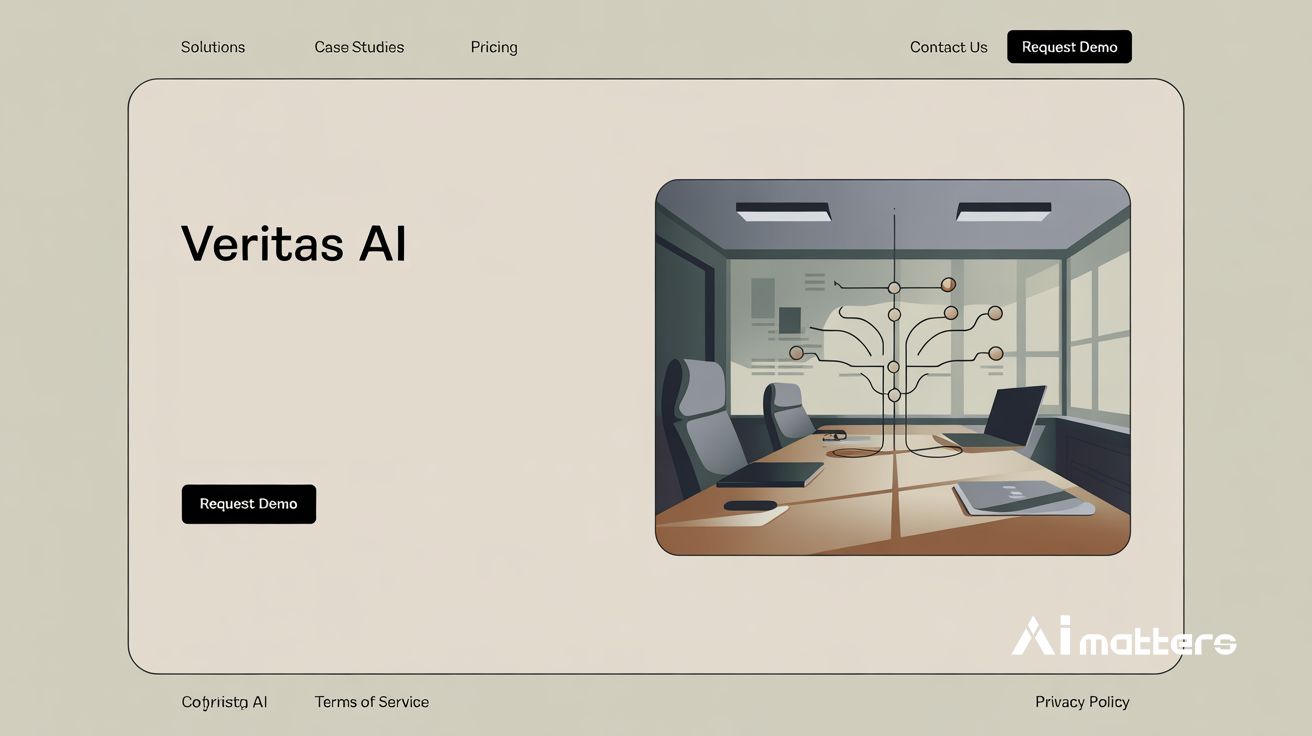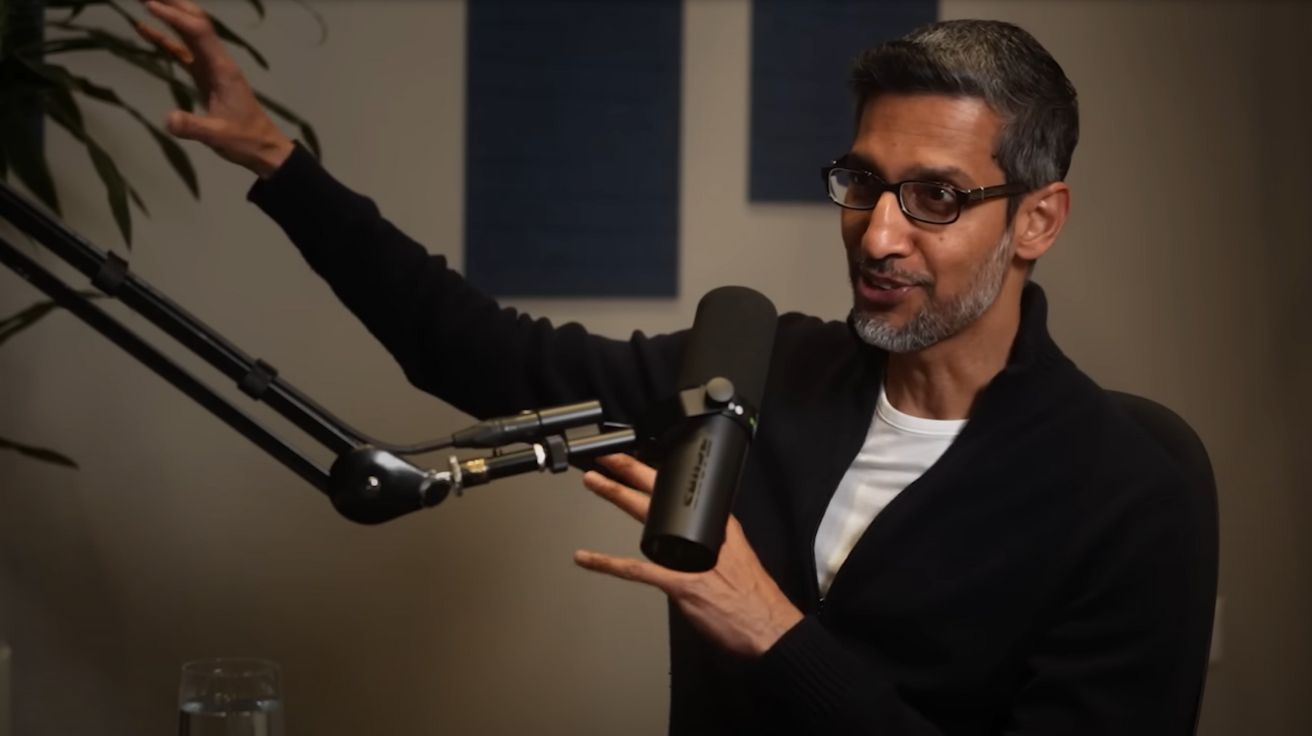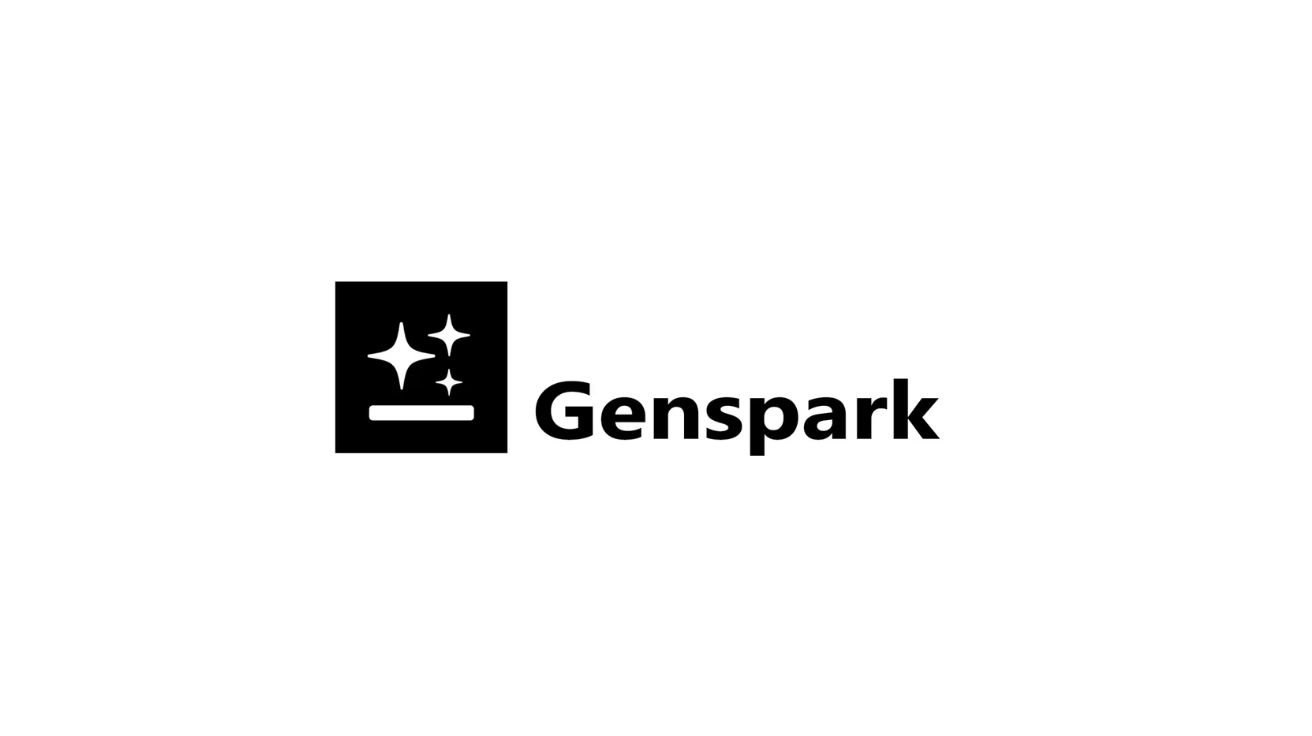The Shift Toward Specialized AI and the Challenges Ahead
The era of general-purpose large language models (LLMs) may be reaching a turning point. In their place, a new paradigm—Vertical AI—is gaining prominence. Unlike universal LLMs designed for broad applications, Vertical AI systems are trained with deep, domain-specific knowledge to meet the precise demands of sectors such as healthcare, law, finance, and manufacturing, according to a recent report by South Korea’s National Information Society Agency (NIA).
The emergence of Vertical AI stems from the limitations of traditional general-purpose models. While these models can perform across various industries, they often fall short in delivering the high degree of accuracy and expertise required in specialized fields. To address this gap, smaller, domain-trained models—sometimes called small LLMs (sLLMs)—have laid the groundwork for the rise of industry-specific AI solutions.
Generative AI Market Forecasted to Reach $118 Billion by 2032
The global generative AI market is projected to experience explosive growth. From $10.79 billion in 2022, it is expected to surge to $118.06 billion by 2032, with an annual growth rate of 27.02% between 2023 and 2032.
While the media and entertainment sector held the largest market share in 2022, accounting for over 34% of total revenue, the business and financial services segment is expected to see the fastest growth, with a projected CAGR of 36.4% through 2032. In this rapidly evolving landscape, Vertical AI is gaining traction for its cost-effectiveness, improved operational efficiency, and ability to convert proprietary expertise into intelligent solutions.
Investment Trends Favor Specialized AI
According to CB Insights, Vertical AI attracted $3.2 billion in global investment (10.2% of total AI funding), surpassing the $2.7 billion allocated to horizontal, general-purpose AI (8.5%). The data signals a clear pivot in investor confidence toward AI solutions that offer industry-specific value.
Legal tech is leading this transformation in the U.S., where the legal market exceeds $300 billion. AI-first companies such as Harvey, EvenUp, Eve, and Spellbook have emerged, while established firms including Thomson Reuters, Relativity, and Ironclad are integrating AI into their offerings through product enhancements and acquisitions.
South Korea’s Vertical AI Momentum: K-Beauty and Healthcare Lead the Way
Vertical AI adoption is accelerating in South Korea, particularly in the K-beauty industry. The home beauty device market expanded from ₩80 billion (approx. $62 million) in 2013 to ₩1.6 trillion (approx. $1.24 billion) in 2022—a twentyfold increase—demonstrating the impact of AI-driven personalization and augmented reality services.
The healthcare sector is also undergoing rapid innovation. South Korea’s medical AI market, valued at $275 million in 2020, is projected to grow at an average annual rate of 45.2%, reaching $2.58 billion by 2026. Domestic players such as WELT, Lunit, VUNO, and JLK are actively developing AI-based diagnostic and imaging technologies.
In the legal sector, companies like Law&Company, BHSN, LBox, and Law&Good are launching generative AI-powered tools for case law search, legal drafting, and contract analysis, aiming to automate traditionally labor-intensive legal processes.
Government Push for High-Quality Sectoral Data
The NIA report calls for a strategic shift in data infrastructure to support Vertical AI. It underscores the necessity of building domain-specific datasets in key sectors such as healthcare, law, finance, media, and beauty—industries where either deep expertise or large-scale adoption potential is critical.
Since the performance of AI models heavily depends on the quality of training data, the successful deployment of Vertical AI hinges on creating comprehensive, context-rich datasets. The report also emphasizes the need to reflect sector-specific requirements in data design, enhance logical reasoning, address ethical challenges through benchmark datasets, and incorporate culturally diverse global datasets to improve the international competitiveness of South Korean AI systems.
FAQ
Q: How is Vertical AI different from general-purpose AI?
A: Vertical AI refers to artificial intelligence models tailored to specific industries or domains. These systems are trained extensively on specialized data and knowledge relevant to a particular field. In contrast, general-purpose AI is designed for broad application across multiple sectors, which often leads to a lack of depth in any one domain. For example, a vertical AI model for healthcare would be equipped with detailed medical expertise, enabling it to provide more accurate diagnoses than a general AI system.
Q: Why is the Vertical AI market growing so rapidly?
A: Businesses are increasingly aware of the limitations of general-purpose AI and are seeking AI solutions optimized for their unique operational needs. Vertical AI offers cost-efficiency and significantly boosts productivity, making it an attractive investment for companies aiming to enhance their competitive edge.
Q: Which sectors in South Korea are seeing the most active adoption of Vertical AI?
A: Currently, the most dynamic growth is observed in the K-beauty and healthcare sectors. In K-beauty, vertical AI powers personalized product recommendations and augmented reality-based virtual try-ons. In healthcare, AI is being integrated into diagnostic imaging systems and clinical decision support tools, significantly improving medical service quality.
The report cited in this article can be accessed via the National Information Society Agency of South Korea.
Image credit: Idiogram-generated visualizationsThis article was written using insights generated by ChatGPT and Claude.




![[AI 시대 마케팅 대전환] 클릭은 죽었다. AI의 인용이 곧 트래픽이다.](https://aimatters.co.kr/wp-content/uploads/2025/06/AI-Matters-기사-썸네일-1.jpg)
![[WWDC25] 애플, 인텔리전스 대폭 강화… 개발자에게 온디바이스 AI 모델 개방](https://aimatters.co.kr/wp-content/uploads/2025/06/AI-Matters-기사-썸네일-Apple-Intelligence.jpg)